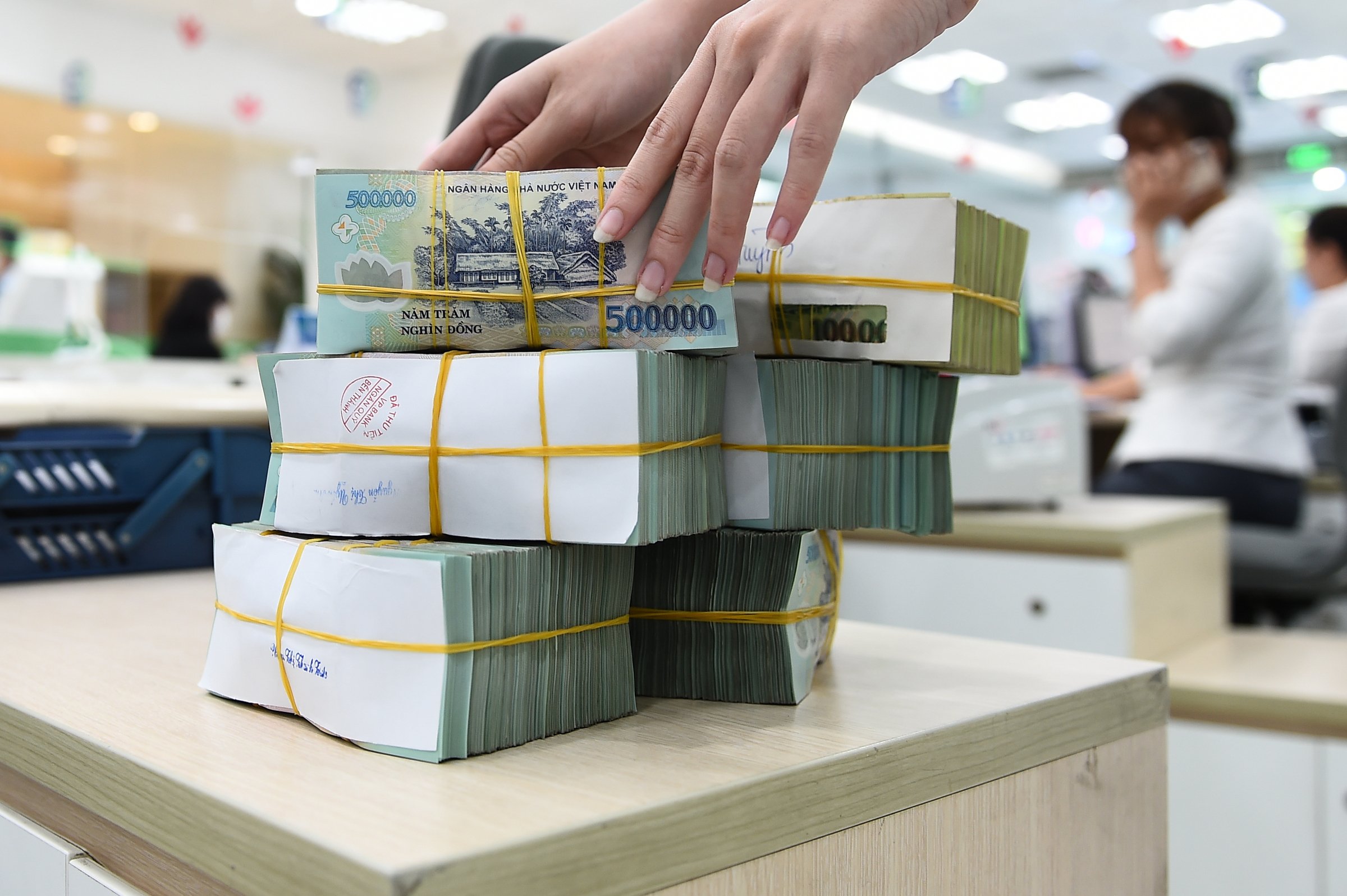 |
Bank wants to remove the phrase "immoral" from asset recovery regulations
According to the feedback from commercial banks, since Resolution 42/2017/QH14 expired, bad debt settlement has been extremely difficult because banks are no longer allowed to seize collateral. To resolve the difficulties for banks, the Prime Minister has requested the Governor to urgently prepare a dossier on legalizing Resolution 42 to submit to the National Assembly in the upcoming May session.
Recently, the State Bank of Vietnam has solicited opinions on the draft Law amending and supplementing a number of articles of the Law on Credit Institutions to legalize a number of contents of Resolution No. 42/2017/QH14.
According to the draft, the creditor rights of credit institutions are better secured when the right to seize secured assets is recognized (of course, specific conditions must be met).
However, the draft also stipulates: “In the process of seizing secured assets, credit institutions, foreign bank branches, debt trading and settlement organizations, and organizations authorized to seize secured assets must not apply measures that violate the prohibitions of law or are contrary to social ethics.”
Regarding this issue, SHB representative requested the drafting agency to consider adding specific regulations and instructions on measures that credit institutions are prohibited from taking during the process of seizing and handling collateral assets.
Meanwhile, VPBank proposed to remove the phrase: "contrary to social ethics". According to the bank, although this content is defined in the Civil Code, it is difficult to determine, depends largely on subjective assessment, and is likely to affect the rights of credit institutions when seizing collateral. Therefore, it is likely to limit the implementation of the right to seize collateral in practice and affect the debt collection and settlement of credit institutions. If the process of seizing and seizing collateral is not resolute, the property owner will still resist and the effectiveness of seizing and seizing assets will not be promoted.
However, the State Bank did not accept this proposal, because this is a basic principle of civil law.
Without prior agreement, the bank is not entitled to seize the collateral.
The Draft Law amending and supplementing a number of articles of the Law on Credit Institutions to legalize a number of contents of Resolution No. 42/2017/QH14 stipulates that one of the conditions for a credit institution to seize secured assets is: "In the security contract or in another document, there is an agreement that the guarantor agrees to allow the secured party to have the right to seize the secured assets of the bad debt when there is a case of handling the secured assets according to the provisions of law".
However, many commercial banks have proposed to have the right to seize collateral even without an agreement between the two parties.
MB representative said that most of the previously signed security contracts did not directly stipulate this content (because at the time the contract was signed, Decree 163/2006/ND-CP dated December 29, 2006; then the 2015 Civil Code also did not stipulate the right to seize collateral. Therefore, to be eligible to apply the right to seize collateral according to the above regulations, credit institutions must negotiate with the borrower to adjust the contract, but customers often do not cooperate (do not sign).
Vietcombank representative also made similar recommendations because most customers did not cooperate in signing additional agreements. Therefore, it is very difficult for credit institutions to carry out the seizure of collateral assets according to Article 7 of Resolution No. 42 as well as Article 198a of the Draft Law on Credit Institutions.
“In order to facilitate the parties in establishing an agreement on asset seizure as well as facilitate credit institutions in meeting the conditions for exercising the right to seizure, we respectfully request the State Bank to consider adjusting this condition in the direction of an agreement on the guarantor's consent to the secured party's seizure of the collateral, which can be recorded in the security contract or in other documents,” a representative of VietinBank proposed.
The above proposal of the banks was also not approved by the State Bank. The reason is that according to the provisions of the Constitution and the Civil Code, the property rights of organizations and individuals are one of the rights recognized and protected by law. However, the right to claim debt is also one of the legal rights of the lender. The exercise of that right to claim debt must ensure compliance with certain regulations and procedures and can be based on the agreement of the parties when entering into the contract.
The objective of the draft Law is not only to deal with signed contracts but also to deal with contracts that will be signed in the future. Therefore, it is necessary for the guarantee contract to have a provision recording the consent of the guarantor for the secured party to exercise the right to seize the collateral to balance the interests between the lender and the guarantor/borrower.
This provision is necessary to ensure that the parties clearly know and freely agree on the content of the contract, especially the provisions on rights and obligations arising from the contract as well as their actions.
Source: https://baodautu.vn/quy-dinh-khong-duoc-thu-giu-tai-san-bang-bien-phap-trai-dao-duc-ngan-hang-noi-gi-d253280.html


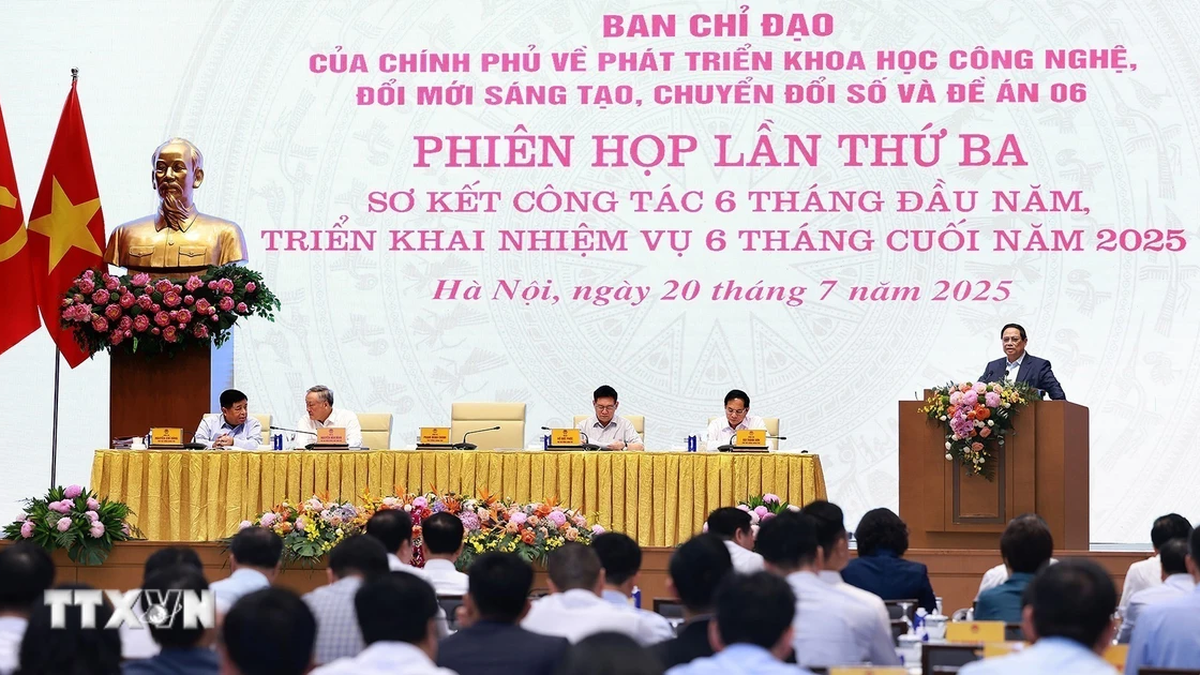

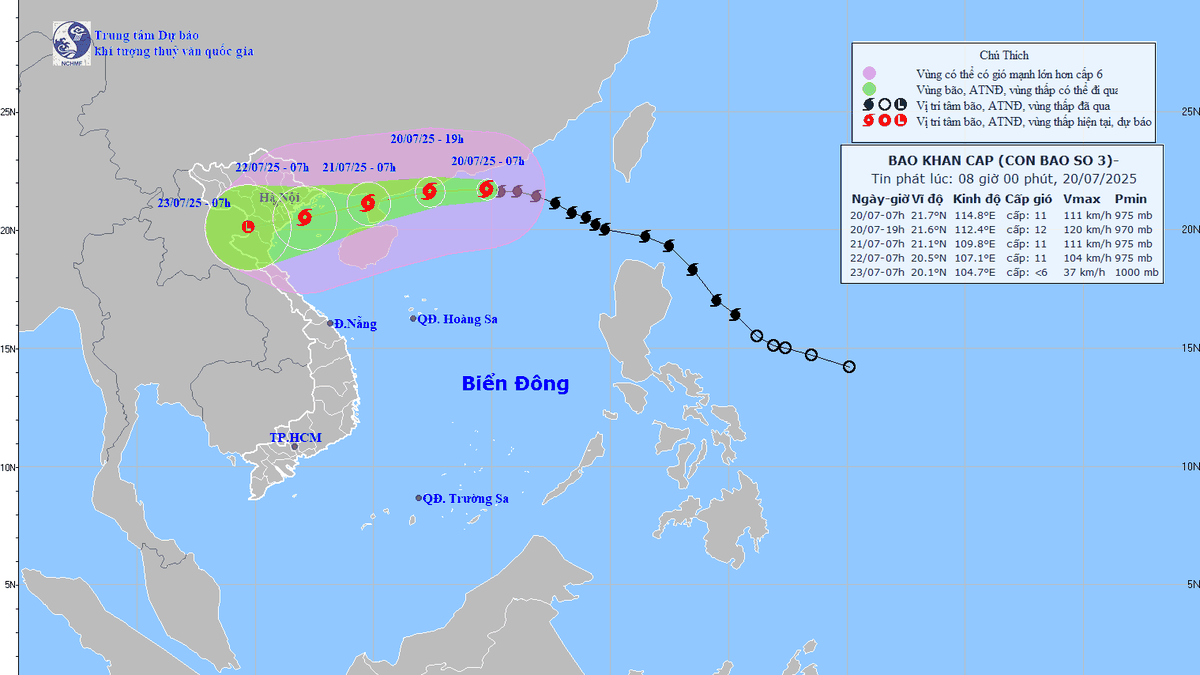

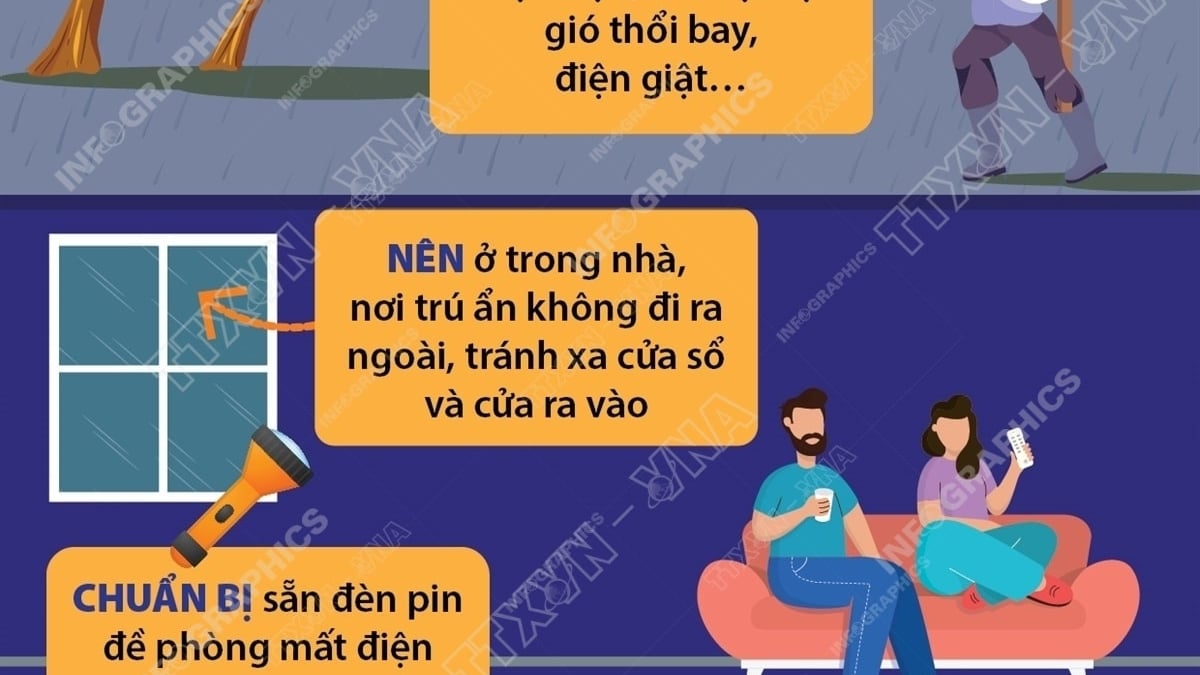

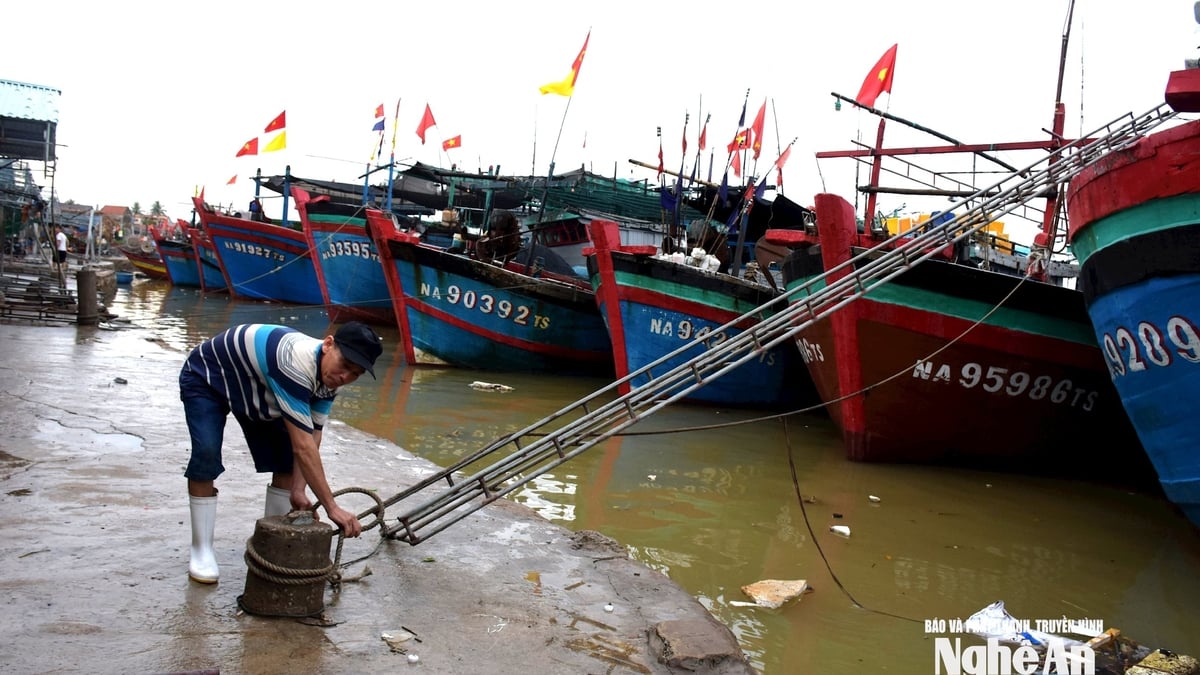
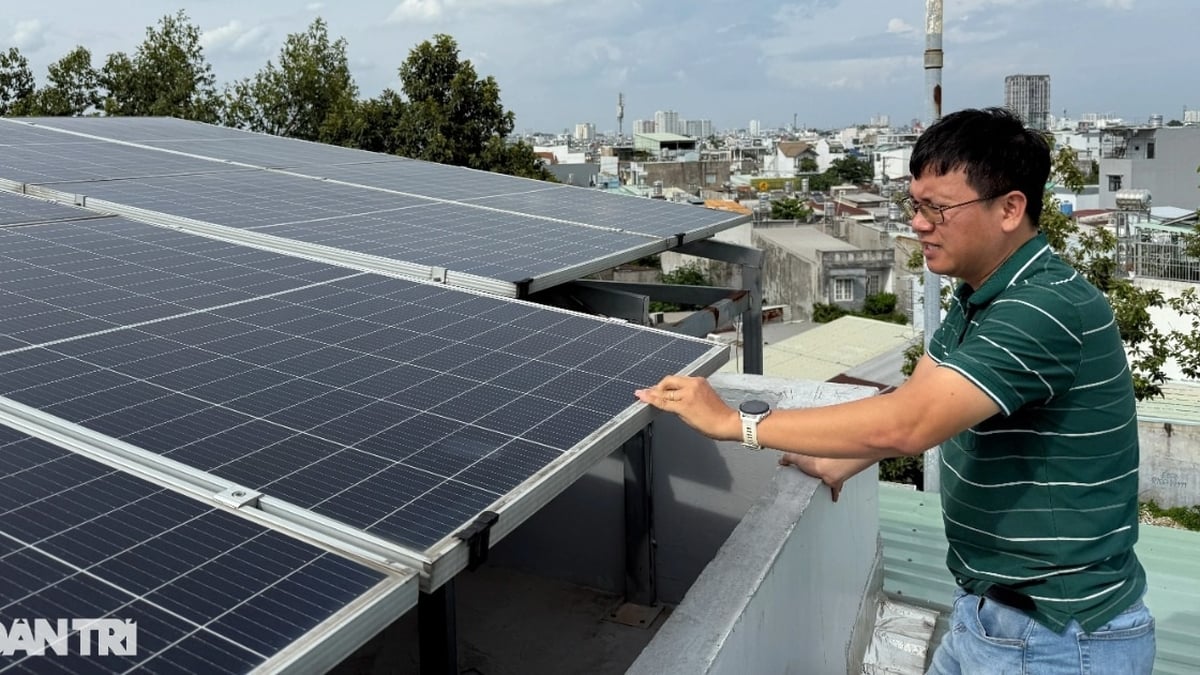


























































































Comment (0)